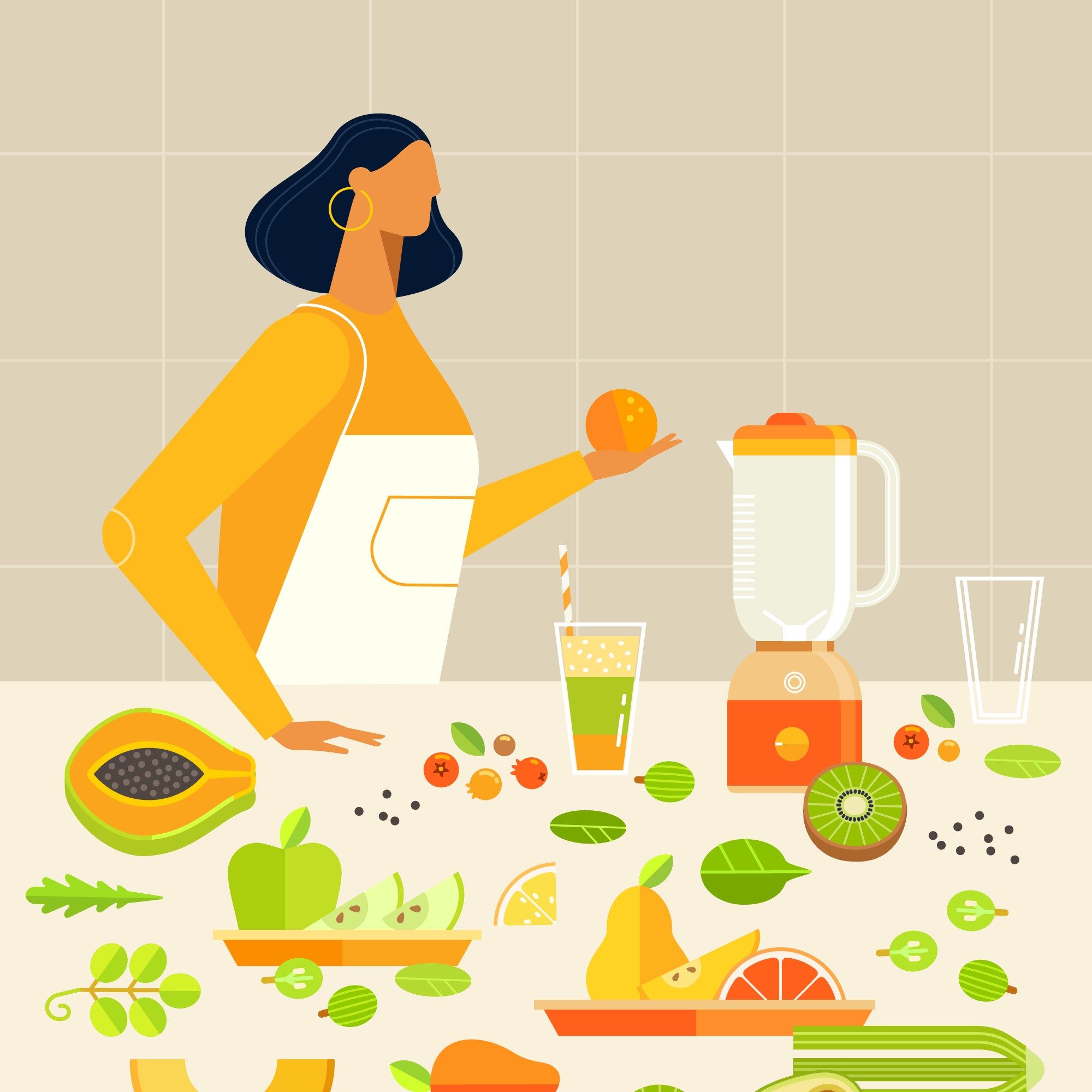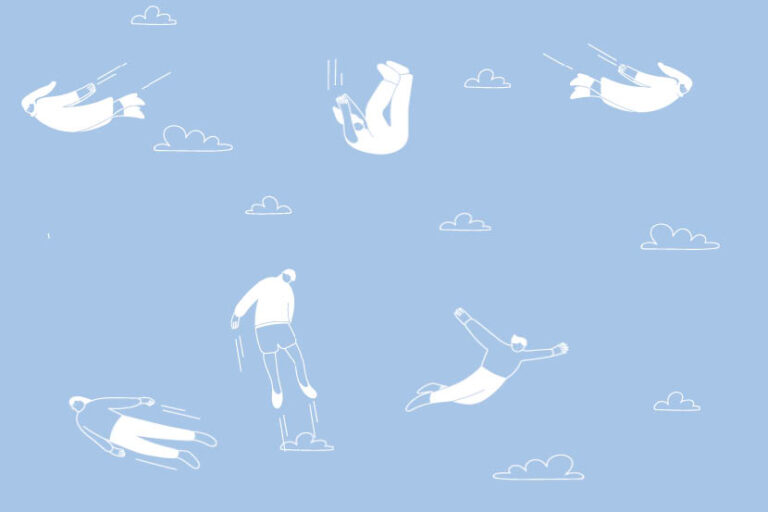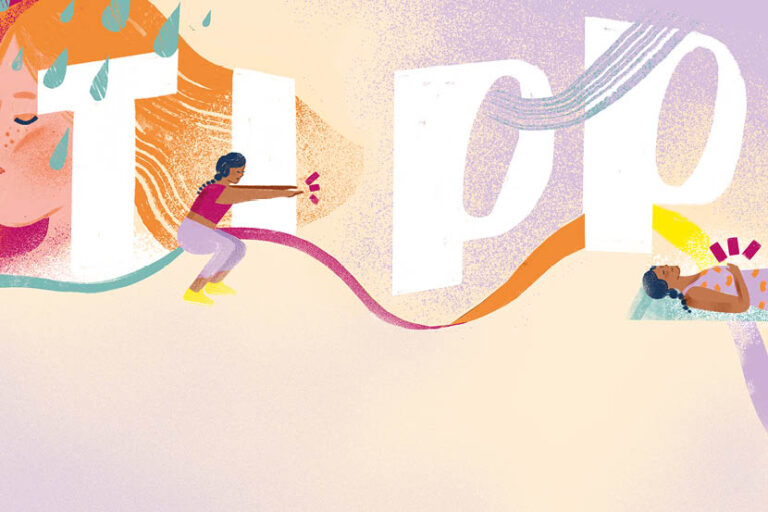
With the internet and the rise of social media, information – and misinformation – about nutrition has never been more accessible
Nutritional information can come from a range of sources, from peer reviewed systematic articles and clinical trials right down to blogs, Instagram stories and TikTok videos – many of which are posted from unqualified individuals.
For the average person, it can be difficult to sift through information to find what is credible and what is not. As a result, we see more people trying diets they’ve seen their favourite influencer talking about, which in turn is increasing overall confusion about nutrition.
In my practice, I see all sorts of women with various goals who are trying all sorts of diets or modifications to get certain results. From what I have seen over the years, here are the most common mistakes I see women in particular are making!
Myth: Carbohydrates are bad for you
Truth: Carbs are an essential macronutrient and are the body’s preferred source of energy. A women’s body needs around 150g of carbohydrates daily to feel nourished and to feel safe enough to ovulate. If the body thinks it’s in a famine, reproduction is the last thing on the agenda.
Of course, not all carbs are created equally so it is important to choose nutrient-dense, wholefood carbs to fuel your body. These include wholegrains (brown rice, corn, oats, barley), starchy veggies (potato, sweet potato, pumpkin) and whole fruit of any kind. The reason carbs get a bad reputation is because refined and processed carbs are energy-dense without being nutrient-dense. These are the carbs you may want to minimise.
Myth: Fasting works wonders for everyone
Truth: The majority of studies done on fasting were done on males. Physiologically and metabolically, women have very different needs than men (such as the previous ovulation example).
Some individuals, and even some women, can thrive and do really well fasting. Whether it is the 16:8 or other variations, it can work well for some. However, for many people, fasting itself raises cortisol levels in the body. This can send you into survival mode, especially if you are not eating enough after your fasting window.
I have seen so many women come to me having done fasting who have put on weight rather than lose it because their bodies are under stress.
It is especially important to avoid fasting if you are very stressed, anxious, have an irregular cycle, have an eating disorder or a history of one, if you are trying to conceive or are pregnant.
Myth: Having a coffee counts as having breakfast
Truth: Coffee does not count as a meal. It may fill you up (especially if you have milk) and dull hunger signals, but that does not mean it is a meal. What you are really getting with coffee is a shot (or two) of cortisol and adrenaline, especially when you have no food in your stomach to slow the absorption. This results in unstable blood sugar levels and a heightened stress state to start your morning. If you choose to drink coffee, I recommend having it after a meal.
My other general nutrition tips include:
Stop wasting your life counting calories.
Calorie counting can have a time and place, but on the whole it can become an obsessive practice and contribute to an unhealthy relationship with food. When you eat wholefoods, there is very little need to count calories. Instead, focus on counting natural colours, nutrients and variety of the wholefoods you consume.
Life is about balance
It is impossible to have a ‘perfect diet’. I advocate for an 80:20 approach when it comes to food — whereby 80% of the time you do your best and fuel your body with wholefoods, and 20% of the time you eat what you enjoy — rather than beating yourself up over having a treat. The stress that you experience in these instances is often worse than the food itself, so enjoy that treat and move on.
Learn how to balance your meals
This is something children should be taught from a young age and this message should be reiterated all through teenage years until it is solidified. Learning how to compose and create a nutritionally balanced meal is one of the most important lessons you can teach your children. To start, I teach all my patients to ensure they have all the following components in their meals to ensure satiety and stable blood sugar levels:
- Protein: either from animal origin (chicken, meat, fish, eggs, or full-fat dairy) or a combination of any two of the following plant proteins: nuts, legumes, grains/seeds.
- Healthy fats: avocado, oily fish, olives, olive oil
- Veggies or fruit
- Wholegrain/starchy carbs: as discussed before.
Words by Chelsy Costa for Endeavour College of Natural Health


















